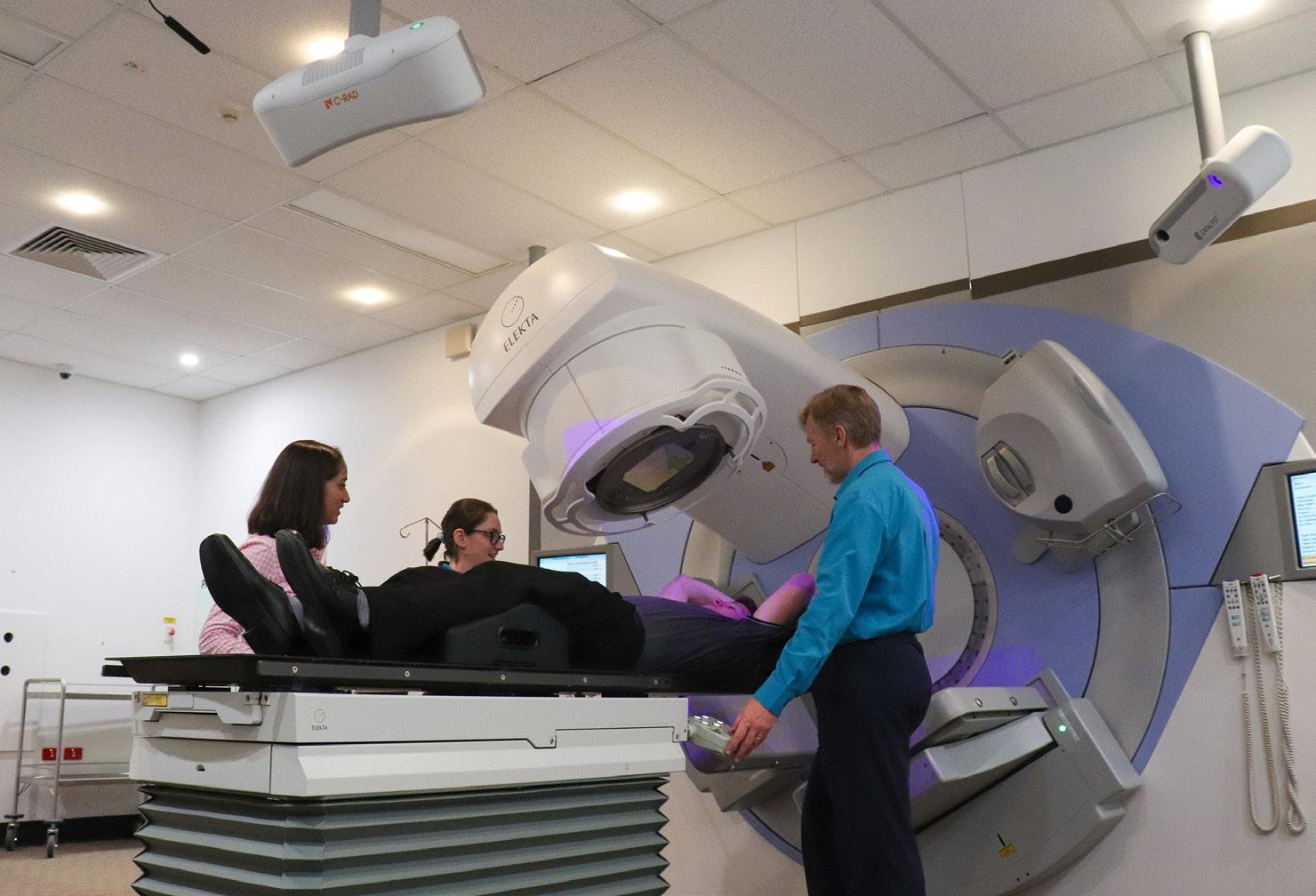Book Review by Robin Osborne
The chemotherapy drug Adriamycin “is named for the Adriatic Sea, near which it was discovered. Its generic name is doxorubicin, a name derived from ‘ruby’ because it is a brilliant and voluptuous red.
The Undying By Anne Boyer Picador 308pp
“I like to think of this poison as the ruby of the Adriatic, where I have never been but would like to go, but it is also called ‘the red devil’ and sometimes it is called ‘the red death’, so maybe it should be called the satanic jewel of mortality on the shores of Venice, too.”
Despite a title that sounds like a television zombie series, this Pulitzer Prize-winning account of an American writer’s journey through cancer diagnosis, treatment and, ultimately, recovery is as real as could be imagined. It is also angry, witty, learned and well researched, drawing on sources as wide ranging as Susan Sontag’s acclaimed Illness as Metaphor, the ancient Greeks and Romans, John Donne and John Cage, and, not surprisingly, Siddharta Mukherjee’s classic history of cancer,
As she explains, those administering the drug via a chest port must wear an “elaborate protective costume” as it destroys tissue if it escapes the veins and is rumoured, if spilled, to melt the linoleum on a clinic floor.
The Emperor of All Maladies.
At the time of her diagnosis with triple negative breast cancer Boyer was a single mother, a poet and a part-time university lecturer. She would soon come to appreciate the financial and personal support of friends. Delivering her the bad news an oncologist explained there were no targeted treatments for a cancer that had significantly poorer prognosis than other forms, and that she needed ‘Neoadjuvant chemotherapy – “which meant right away.’” To not submit to chemotherapy was to die, the doctor said, while “To submit to it, I thought, was to feel like dying but possibly to live, or to die from secondary effects rather than primary disease, or to live, finally almost restored but not quite.” So begins the patient’s existential journey into cancer-land where “As soon as a patient lies down on the exam table, she had laid down her life on a bed of narrowed answers, but the questions are never sufficiently clear.” Confessing “I didn’t know anything about having cancer” she notes that, “Before I got sick I was strong, but soon to be so weak that to walk short distances, like the six feet from the bed to the bedroom door left me winded.
“First a whole life of being appetitive, then to not be able to eat or have sex and to not want to… and all that time, too, in multifocal pain… Aristides begins his Sacred Tales with a declaration of the difficulties of writing about the experience of sickness…” Comprised of short sections and subchapters, this memoir, erudite and immeasurably sad, can be consumed in a sitting, as I did, or in bite-size chunks of only a few sentences – “In the waiting rooms, the labor of care meets the labor of data. Wives fill out their husbands’ forms. Mothers fill out their children’s. Sick women fill out their own.” Or, “Every movie I watch now is a movie about an entire cast of people who seem to not have cancer, or at least this is, to me, its plot… people everywhere looking robust and eyelashed and as if they have appetites for dinner and solid plans for retirement.” Her description of treatment regimens provides a rare insight into a world that, mercifully, many will not enter.
After a double mastectomy, a procedure, which, in the US at least, is handled as day surgery, Boyer returns home in pain, and due to inadequate sick leave must resume lecturing ten days later. A few years on, relieved that the treatments had rendered her ‘undying’, she has produced a book that will inform and inspire a wide range of cancer patients, even if she was unable to write down all of “the great orbs of the unsaid [that] continue to float through the air.” It should be noted that she dismisses the many crank cures that came her way via the internet, including cannabis, alkaline water, fruit and vegetable juices, and other alternative ‘treatments’. In summary, she writes that, “Cancer kills people, as does treatment, as does lack of treatment, and what anyone believes or feels has nothing to do with it. I could hold every right idea, exhibit every virtue, do every good deed, and follow every institutional command and still die of breast cancer, or I could believe and do every wrong thing and still live.” Therein lies the cancer mystery that remains to be solved.
NorDocs | 29






















